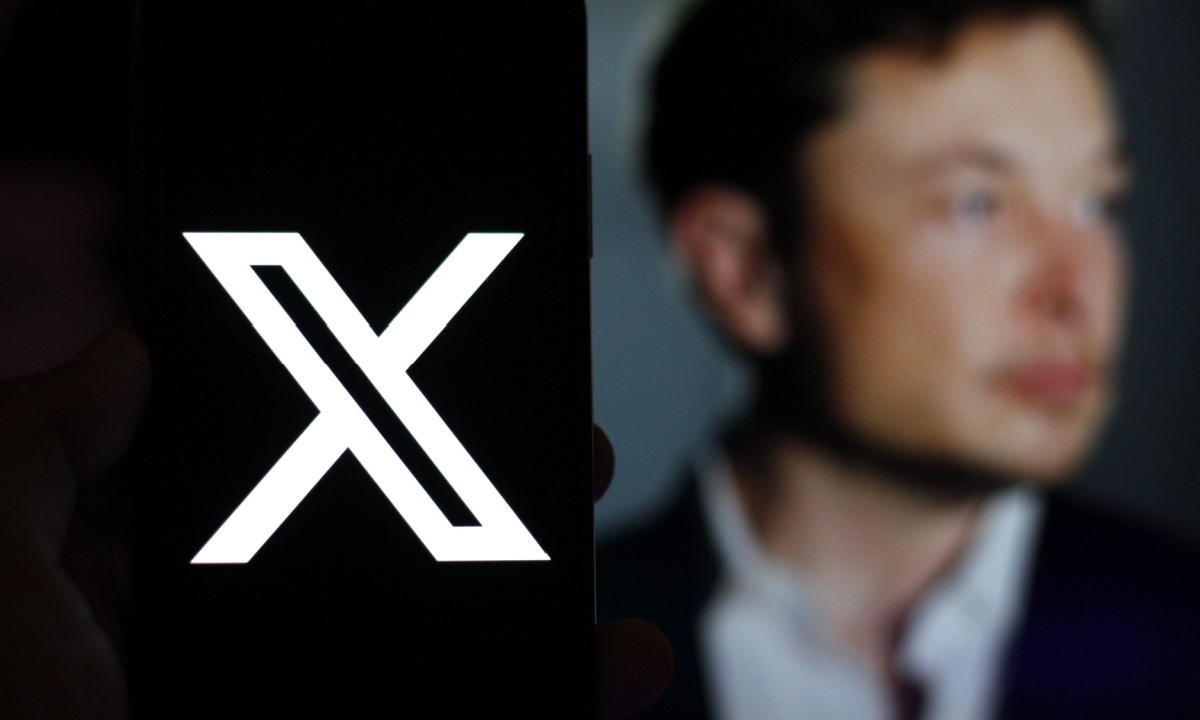
Rumble, the social media platform known for its free speech stance, has teamed up with Elon Musk’s X (formerly known as Twitter) in a lawsuit against the Global Alliance for Responsible Media (GARM). The companies accuse the global advertising consortium of violating antitrust laws by unfairly boycotting certain platforms, including their own.
The lawsuit, which was revealed during an appearance by Rumble CEO and founder Chris Pavlovski on Fox Business Network’s “The Big Money Show,” alleges that GARM and its parent organization, the World Federation of Advertisers (WFA), have misused brand safety standards to marginalize certain voices and platforms. According to Pavlovski, this misuse has led to what he describes as an illegal monopoly over the advertising market.
Per Fox Business, Pavlovski argued that the WFA, through GARM, has effectively monopolized the market by controlling the ad budgets of major companies. This, he claims, allows them to discriminate against platforms like Rumble and X, by excluding them from advertising opportunities if the content does not align with their brand safety standards. “Once you have a huge consortium that creates a monopoly across all the big ad budgets that dictate that brand safety standard, they then can now discriminate against certain voices on other platforms,” Pavlovski explained.
Related: Elon Musk’s X Files Antitrust Suit Against Global Advertising Alliance
He further elaborated that this practice drives up advertising rates because advertisers are forced to operate within a limited market, ultimately harming not just the platforms like Rumble and X, but also the advertisers themselves, shareholders, and even the consumers. “This harms the advertisers, the shareholders, it creates higher fees for the agencies and also harms Rumble creators, and Rumble viewers and the Rumble platform,” Pavlovski emphasized.
Pavlovski also cited the Sherman Act, a key federal antitrust law, asserting that GARM’s actions violate this legislation. The Sherman Act prohibits agreements that restrain trade or create monopolies, and Pavlovski believes GARM’s conduct falls squarely within these illegal activities. “When you have a monopoly and you create a monopoly by assembling all this power and control to dictate a certain standard of how you’re going to spend that money, that’s not a free market. The Sherman Act does not allow that. So that’s illegal,” he stated.
Source: Fox Business
Featured News
Big Tech Braces for Potential Changes Under a Second Trump Presidency
Nov 6, 2024 by
CPI
Trump’s Potential Shift in US Antitrust Policy Raises Questions for Big Tech and Mergers
Nov 6, 2024 by
CPI
EU Set to Fine Apple in First Major Enforcement of Digital Markets Act
Nov 5, 2024 by
CPI
Six Indicted in Federal Bid-Rigging Schemes Involving Government IT Contracts
Nov 5, 2024 by
CPI
Ireland Secures First €3 Billion Apple Tax Payment, Boosting Exchequer Funds
Nov 5, 2024 by
CPI
Antitrust Mix by CPI
Antitrust Chronicle® – Remedies Revisited
Oct 30, 2024 by
CPI
Fixing the Fix: Updating Policy on Merger Remedies
Oct 30, 2024 by
CPI
Methodology Matters: The 2017 FTC Remedies Study
Oct 30, 2024 by
CPI
U.S. v. AT&T: Five Lessons for Vertical Merger Enforcement
Oct 30, 2024 by
CPI
The Search for Antitrust Remedies in Tech Leads Beyond Antitrust
Oct 30, 2024 by
CPI